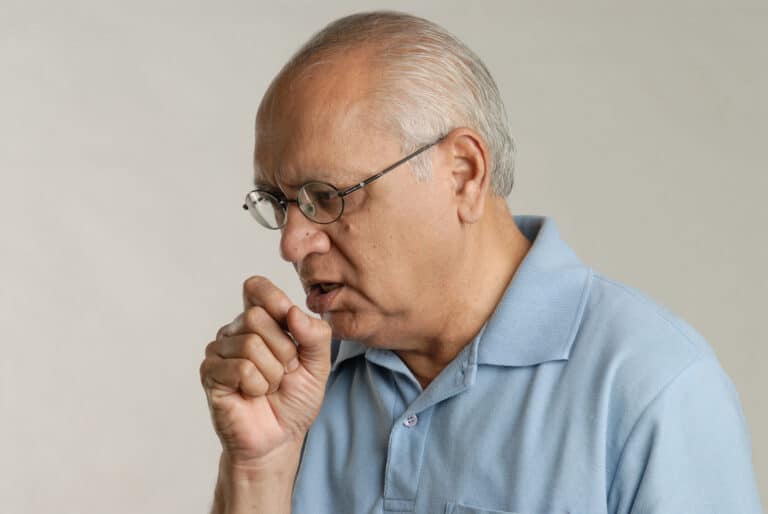Many people think of children or teens when they think about asthma, but asthma can affect the elderly as well. It can be a lifelong condition that they now have to manage differently than when they were younger, or it can be a newer diagnosis that they now need to incorporate the care of it into their daily care with other health conditions as well. Either way, helping your loved one manage his asthma care is essential to his overall health and quality of life, and 24-hour home care can help.
Frequent Asthma Symptoms in Older Adults
- A tightness in the chest with pain
- Shortness of breath
- A feeling of not getting enough breath in
- A cough not caused by an illness
- Wheezing or creating a whistling sound when breathing
- Waking up at night feeling like they can’t breathe
- A limited ability to perform certain physical tasks
How Asthma Care Becomes Complicated in the Elderly
The first complication for many older adults is getting a proper diagnosis if they haven’t been diagnosed with asthma since a younger age. Asthma is often overlooked or considered a symptom of something else, so your loved one may need to champion the correct diagnosis.
Other challenges that make managing asthma in older adults are:
- Fears and confusion about the treatments. Your loved one may not think a certain action may bring on an attack and do it anyway or they may fear doing anything on the chance that it’ll cause an attack.
- Changes in aging lungs may mean what worked in past years doesn’t work as well now.
- Reduced cognitive function. If your loved one has dementia or Alzheimer’s disease, it could interfere with his ability to understand when and how to administer the medicine he needs to breathe.
- General forgetfulness. Your loved one may frequently misplace his inhaler, making it difficult for him to find it and use it when he needs it.
- Reduced fine motor skills. Health conditions like arthritis, Parkinson’s disease, and other diseases that affect your loved one’s ability to use his fine motor skills might prevent him from using an inhaler as needed.
- Limited income and the cost of medicine. Your loved one may feel like he cannot afford the medication he needs or try to “save” it for when a really bad attack happens instead of using it as needed.
Providing Care and Protection with 24-hour Home Care
If your loved one is struggling to manage his asthma care on his own or if you worry that an asthmatic attack could put his health in jeopardy, you might consider having a 24-hour home care team to help your loved one with his care. With 24-hour home care, someone is always in the home with your loved one, ready to step in and help as needed.
A 24-hour home care team member can help your loved one avoid activities that may trigger his asthma, such as shoveling snow or mowing the lawn. His 24-hour home care team members can also assist in medication management, ensuring he always has his inhaler nearby or helping to make sure he is taking any medication as needed.
With 24-hour home care, you and your loved one can rest assured knowing someone will always be there to help in case an emergency arises.
If you or an aging loved one needs 24-Hour Home Care in Elk Grove, CA, contact A Better Living Home Care today (916) 514-7006
- Kitchen Tools That Make Eating Easier for Seniors - April 25, 2025
- Helping Seniors Reduce Health Anxiety - April 18, 2025
- Why Should Seniors Consider Adding Soy to Their Diets? - April 7, 2025


